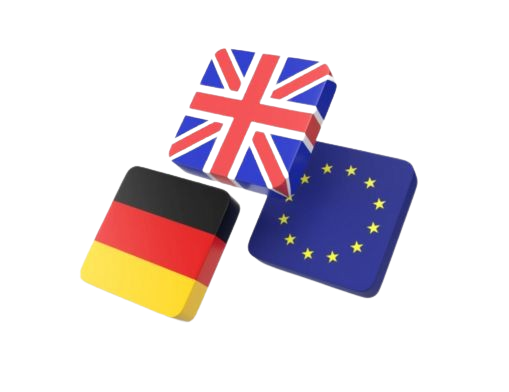Geopolitical conflicts, including wars, create short-term volatility and rapid market movements. For CFD traders, these events present both risks and trading opportunities. Understanding market drivers and using structured risk management is essential for navigating such turbulent periods.

Market Drivers in Geopolitical Crises
1. Safe-Haven Flows and Currency Volatility
Conflicts often trigger movements into safe-haven assets, such as gold, major currencies, or government bonds. CFD traders can track currency pairs and commodity CFDs to assess market sentiment and adjust positions.
2. Sector-Specific Price Swings
Energy, defense, and commodity markets may see sharp short-term price movements during geopolitical events. Traders can monitor sector-specific CFDs to capture opportunities while controlling exposure.
3. Volatility and Market Sentiment
Volatility indices, trading volumes, and rapid price swings indicate market stress. CFD traders benefit from tracking these indicators to manage leverage, size positions appropriately, and plan potential entry or exit points.
Practical Strategies Trending for CFD Traders
- Use Real-Time Market Monitoring : CFDs allow access to live prices and charts. Many traders often monitor short-term trends in equities, commodities, and currencies, enabling fast and informed decisions.
- Focus on Risk Management : Leverage amplifies both gains and losses. Stop-loss, take-profit, and careful position sizing help traders limit exposure during volatile periods.
- Diversify Instruments , Not Just Sectors : Spread risk across multiple asset classes. For example, combining equity CFDs, commodity CFDs, and currency pairs reduces exposure to sector-specific shocks.
- Trade Based on Market Signals, Not Emotion : CFD traders thrive by reacting to data, technical analysis, and sentiment indicators, rather than fear-driven decisions.
How Skilling Supports CFD Traders
Skilling provides CFDs on a broad range of assets, enabling traders to:
- Track real-time charts and price alerts.
- Create watchlists to monitor multiple markets simultaneously.
- Apply advanced risk management tools such as stop-loss, take-profit, and leverage controls.
These features help traders navigate geopolitical uncertainty efficiently without relying on decisions about long-term investments.
Conclusion
Geopolitical events create volatility and short-term risk. CFD traders can respond effectively by focusing on risk management, diversification, and careful monitoring of multiple instruments. Using structured strategies allows traders to take advantage of market movements while maintaining control over exposure.
FAQs
1. Can CFD traders predict market reactions during conflicts?
Exact predictions are impossible, but monitoring volatility, sector performance, and sentiment can inform decisions.
2. Which markets are most affected by geopolitical events?
Energy, defense, commodities, and major currency pairs often experience increased volatility.
3. How can traders manage risk effectively?
Stop-loss, take-profit, and position sizing reduce exposure to sudden price swings.
4. Can CFDs provide opportunities during geopolitical crises?
Yes. CFDs allow traders to take short-term positions across multiple asset classes while controlling risk.
5. How does Skilling support traders in volatile conditions?
Skilling offers real-time charts, alerts, and risk management tools to facilitate informed, controlled trading.
Capitalise on volatility in index markets
Take a position on moving index prices. Never miss an opportunity.
71% of retail CFD accounts lose money.












